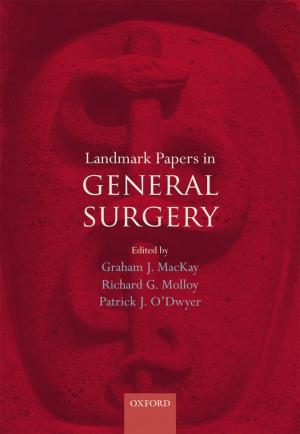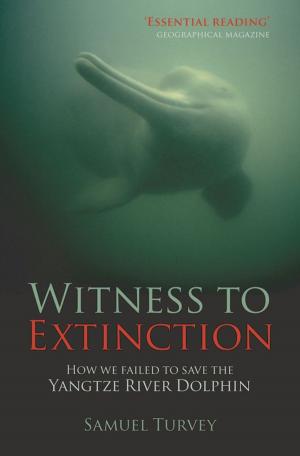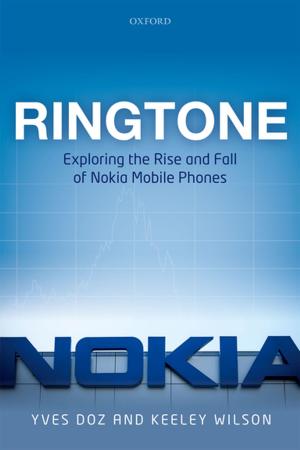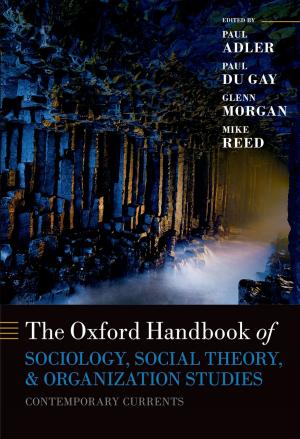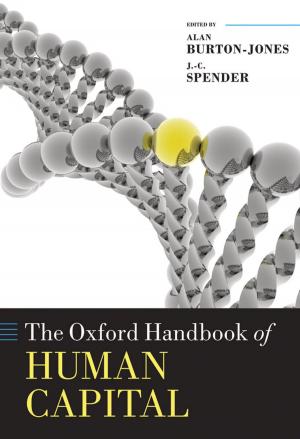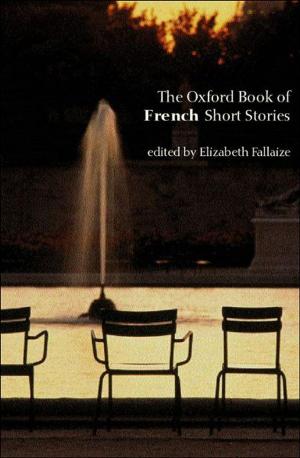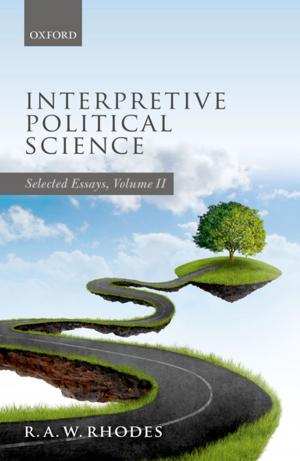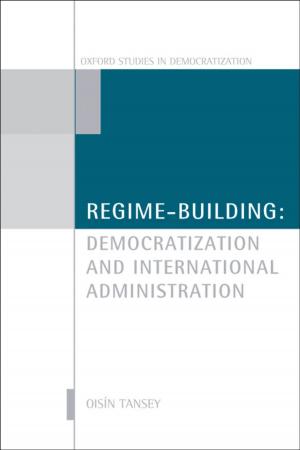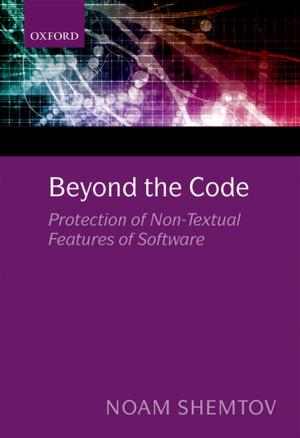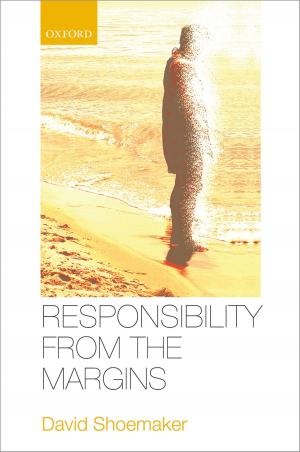Nuclear Dawn
F. E. Simon and the Race for Atomic Weapons in World War II
Nonfiction, Science & Nature, Science, Other Sciences, History, Biography & Memoir| Author: | Kenneth D. McRae | ISBN: | 9780191510854 |
| Publisher: | OUP Oxford | Publication: | March 20, 2014 |
| Imprint: | OUP Oxford | Language: | English |
| Author: | Kenneth D. McRae |
| ISBN: | 9780191510854 |
| Publisher: | OUP Oxford |
| Publication: | March 20, 2014 |
| Imprint: | OUP Oxford |
| Language: | English |
This book provides a rounded biography of Franz (later Sir Francis) Simon, his early life in Germany, his move to Oxford in 1933, and his experimental contributions to low temperature physics approximating absolute zero. After 1939 he switched his research to nuclear physics, and is credited with solving the problem of uranium isotope separation by gaseous diffusion for the British nuclear programme Tube Alloys. The volume is distinctive for its inclusion of source materials not available to previous researchers, such as Simon's diary and his correspondence with his wife, and for a fresh, well-informed insider voice on the five-power nuclear rivalry of the war years. The work also draws on a relatively mature nuclear literature to attempt a comparison and evaluation of the five nuclear rivals in wider political and military context, and to identify the factors, or groups of factors, that can explain the results.
This book provides a rounded biography of Franz (later Sir Francis) Simon, his early life in Germany, his move to Oxford in 1933, and his experimental contributions to low temperature physics approximating absolute zero. After 1939 he switched his research to nuclear physics, and is credited with solving the problem of uranium isotope separation by gaseous diffusion for the British nuclear programme Tube Alloys. The volume is distinctive for its inclusion of source materials not available to previous researchers, such as Simon's diary and his correspondence with his wife, and for a fresh, well-informed insider voice on the five-power nuclear rivalry of the war years. The work also draws on a relatively mature nuclear literature to attempt a comparison and evaluation of the five nuclear rivals in wider political and military context, and to identify the factors, or groups of factors, that can explain the results.

